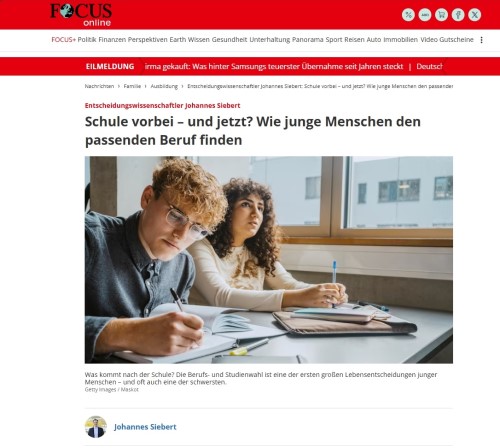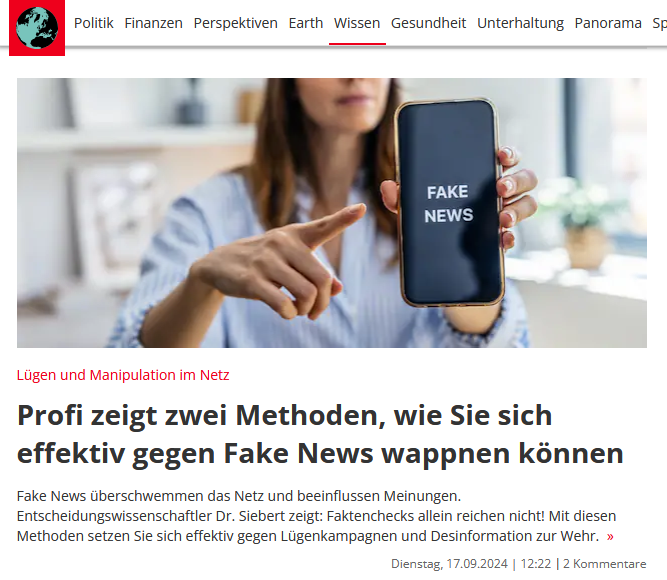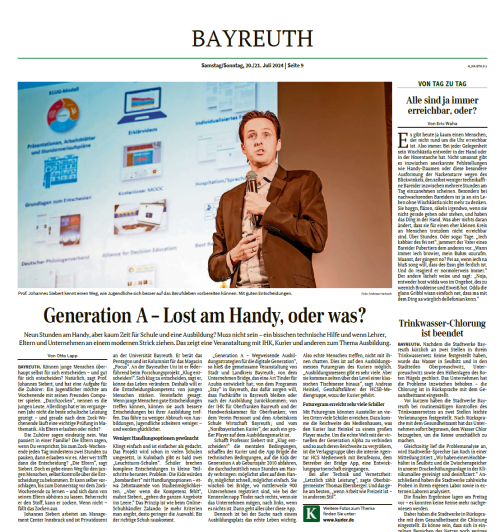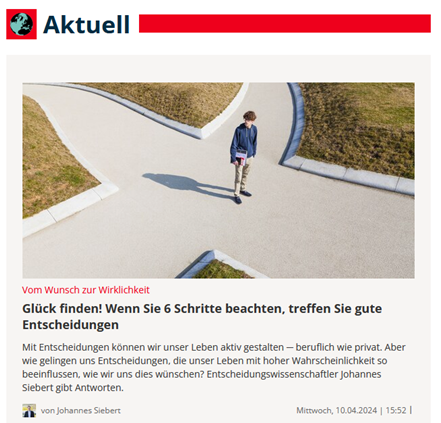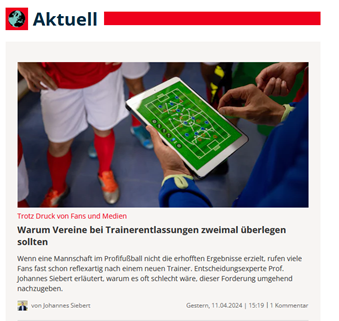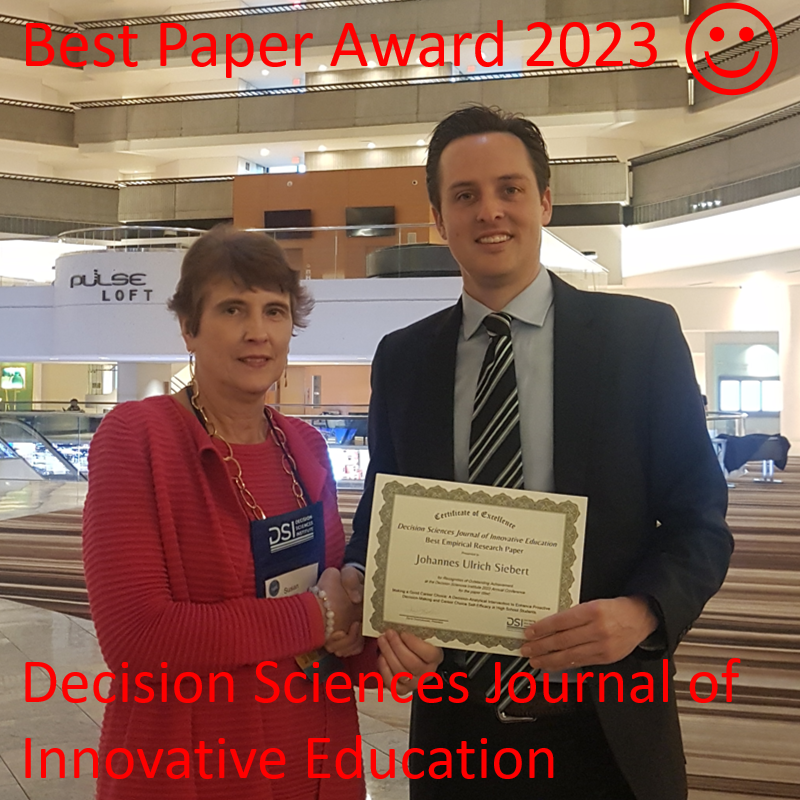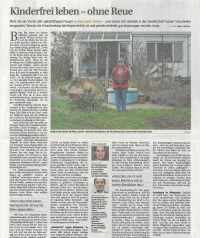What comes after school? Choosing a career and course of study is one of the first significant decisions young people make in life—and often one of the most challenging. Decision scientist Prof. Johannes Siebert explains why it is more than just a “compulsory program” and what opportunities it offers.
Many young people are currently asking themselves: “What am I going to do after school?” Why is this decision so important?
For many of them, choosing a career or course of study is one of the first significant decisions they must make independently. It not only influences their professional career, but also their self-confidence and their prospects. In short: their lives. It is often possible to change the initial decision to study or do vocational training without a great deal of bureaucracy.
However, as surveys show, this often results in considerable individual psychological stress for young people – not to mention the overall economic consequences, such as an increased shortage of skilled workers and lower economic productivity due to delayed career entry.
Read the full article here (in German): https://www.focus.de/familie/ausbildung/entscheidungswissenschaftler-johannes-siebert-schule-vorbei-und-jetzt-wie-junge-menschen-den-passenden-beruf-finden_22435455-3583-4c2a-8981-3b80dd727a0b.html
Please stay current and do not miss any of my contributions on Focus Online. Follow me and network with me for exciting insights and current discussions. I look forward to exchanging ideas with you! https://www.linkedin.com/in/johannes-siebert/
